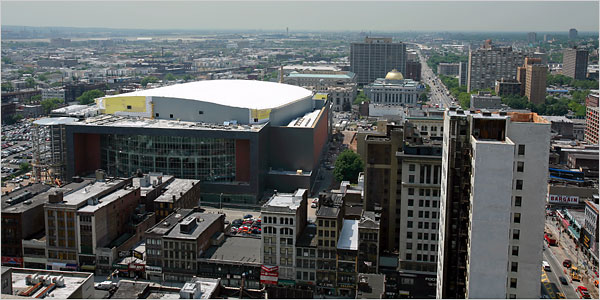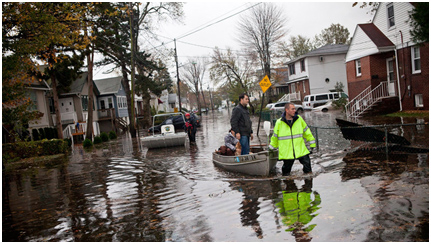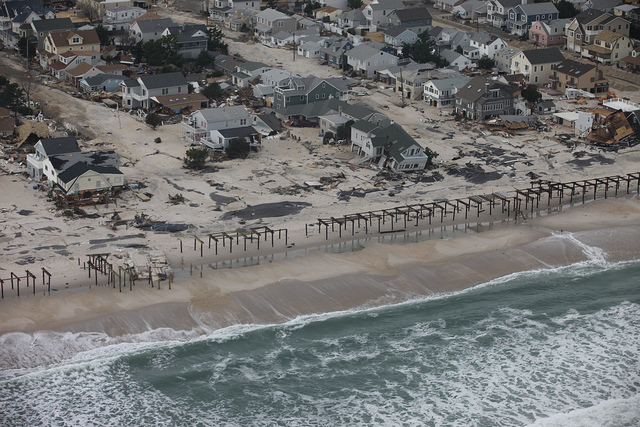New Jersey Future Blog
What Role Should Stadiums Play in Urban Revitalization?
November 10th, 2010 by Jay Corbalis
In a recent Star-Ledger op-ed article, Jeff Vanderbeek and Michael Gilfillan (Chairman and Vice Chairman of Devils Arena Entertainment, respectively) tout the success of the Prudential Center in helping to breathe new life into downtown Newark. By all accounts, the arena has been an integral part of a larger renaissance underway in New Jersey’s largest city, and has helped attract millions of new visitors (along with some of their disposable income) to Newark.
But we should be careful not to oversell the benefits that sports venues can bring to urban areas, or see them as a quick substitute for a comprehensive urban revitalization strategy. For every success story like Newark, there are instances (Trenton’s Waterfront Park and Camden’s Campbell Field come to mind) where stadiums have failed to have the type of transformative impact that is so often promised when these projects are proposed. Simply put, sports venues, by themselves, are not panaceas for distressed community ills.
Done properly, sports venues (as well as similar, large venues, such as concert halls and convention centers) can play a catalytic role within a larger redevelopment effort by attracting a critical mass of new visitors on a consistent basis. To take advantage of this activity, venues can’t be closed off from the neighborhood they’re hoping to revitalize, tucked behind fences and across wide parking lots. Instead, they should be inviting to pedestrians and, ideally, accessible by mass transit (a major component of the Prudential Center’s success). The venues should be accompanied by other amenities, as well. Restaurants, bars, shops and even residences can all help sustain the vibrancy fostered by a new venue, and ensure that the area doesn’t turn into a ghost town when the home team is on the road.
As with most things in life, there are no quick fixes to distressed community ailments. Yet the example in Newark proves that, when part of a larger strategy, sports venues can—and should—play a key role in the continuing revitalization of these areas, both in New Jersey and across the country.

















Vibrancy is critical, as well as the implementation of CPTED and Situational Crime Prevention attributes. City planners have largely ignored the importance of such crime prevention programs, even though they have been proven to reduce crime in urban areas. The bottom line is that, perception or reality, people are always going to be wary of crime.